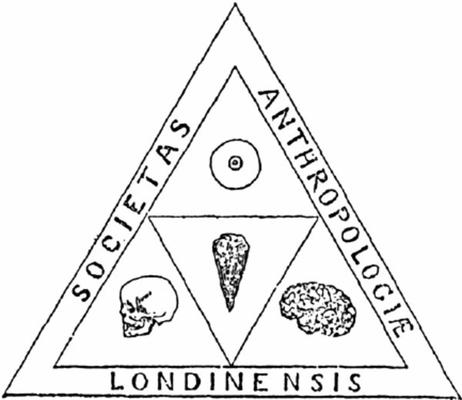2.9.4
Examining Sexual Ethics
Examining Sexual Ethics
Examining Sexual Ethics
Sexual ethics involves evaluating moral principles guiding sexual behaviour.


Changing societal attitudes
Changing societal attitudes
- Changing societal attitudes influence discussions on sexual ethics.
- Debates focus on the role of religion, privacy vs. societal norms, and the use of normative theories.
- These discussions help shape contemporary views on sexual conduct and relationships.


The role of religious beliefs in sexual ethics
The role of religious beliefs in sexual ethics
- Religious beliefs traditionally guided moral views on sex and relationships.
- Christianity, Islam, and Hinduism provide teachings on marriage, chastity, and fidelity.
- Some argue religious influence on sexual ethics is waning due to secularism.
- Others maintain religious values continue shaping personal and societal norms.


Privacy vs societal norms in sexual behaviour
Privacy vs societal norms in sexual behaviour
- Individuals may argue sexual choices should be private, respecting personal autonomy.
- Societal norms and laws often regulate sexual conduct to promote social order and protect rights.
- Legislation can impact areas like age of consent, marriage laws, and discrimination.
- The balance between personal freedom and social responsibility remains debated.


Usefulness of normative theories in sexual ethics
Usefulness of normative theories in sexual ethics
- Normative theories offer frameworks for assessing sexual behaviour.
- Natural law emphasises adherence to natural purposes and order in relationships.
- Situation ethics values love and context in determining moral actions.
- Kantian ethics and utilitarianism provide perspectives on duty and consequences.
- Some argue their utility varies, depending on cultural and personal contexts.


Example: Religious influence and legal debates
Example: Religious influence and legal debates
- In 2013, the UK legalised same-sex marriage, sparking widespread debate.
- Religious groups often opposed based on traditional teachings about marriage.
- Legal discussions included privacy rights and societal equality.
- This example highlights complexities in balancing religious beliefs, individual rights, and social norms.
1Philosophy of Religion
1.1Ancient Philosophical Influences: Plato
1.2Ancient Philosophical Influences: Aristotle
1.3Ancient Philosophical Influences: Soul, Mind, Body
1.4The Existence of God - Arguments from Observation
1.5The Existence of God - Arguments from Reason
1.6Religious Experience
1.7The Problem of Evil
1.8The Nature & Attributes of God
1.9Religious Language: Negative, Analogical, Symbolic
2Religion & Ethics
2.1Natural Law
2.2Situation Ethics
2.3Kantian Ethics
2.4Utilitarianism
2.5Euthanasia
2.6Business Ethics
2.7Meta-Ethical Theories
2.8Conscience
3Developments in Christian Thought
3.1Saint Augustine's Teachings
3.2Death & the Afterlife
3.3Knowledge of God's Existence
3.4The Person of Jesus Christ
3.5Christian Moral Principles
3.6Christian Moral Action
3.7Development - Pluralism & Theology
3.8Development - Pluralism & Society
3.9Gender & Society
3.10Gender & Theology
Jump to other topics
1Philosophy of Religion
1.1Ancient Philosophical Influences: Plato
1.2Ancient Philosophical Influences: Aristotle
1.3Ancient Philosophical Influences: Soul, Mind, Body
1.4The Existence of God - Arguments from Observation
1.5The Existence of God - Arguments from Reason
1.6Religious Experience
1.7The Problem of Evil
1.8The Nature & Attributes of God
1.9Religious Language: Negative, Analogical, Symbolic
2Religion & Ethics
2.1Natural Law
2.2Situation Ethics
2.3Kantian Ethics
2.4Utilitarianism
2.5Euthanasia
2.6Business Ethics
2.7Meta-Ethical Theories
2.8Conscience
3Developments in Christian Thought
3.1Saint Augustine's Teachings
3.2Death & the Afterlife
3.3Knowledge of God's Existence
3.4The Person of Jesus Christ
3.5Christian Moral Principles
3.6Christian Moral Action
3.7Development - Pluralism & Theology
3.8Development - Pluralism & Society
3.9Gender & Society
3.10Gender & Theology
Unlock your full potential with Seneca Premium
Unlimited access to 10,000+ open-ended exam questions
Mini-mock exams based on your study history
Unlock 800+ premium courses & e-books